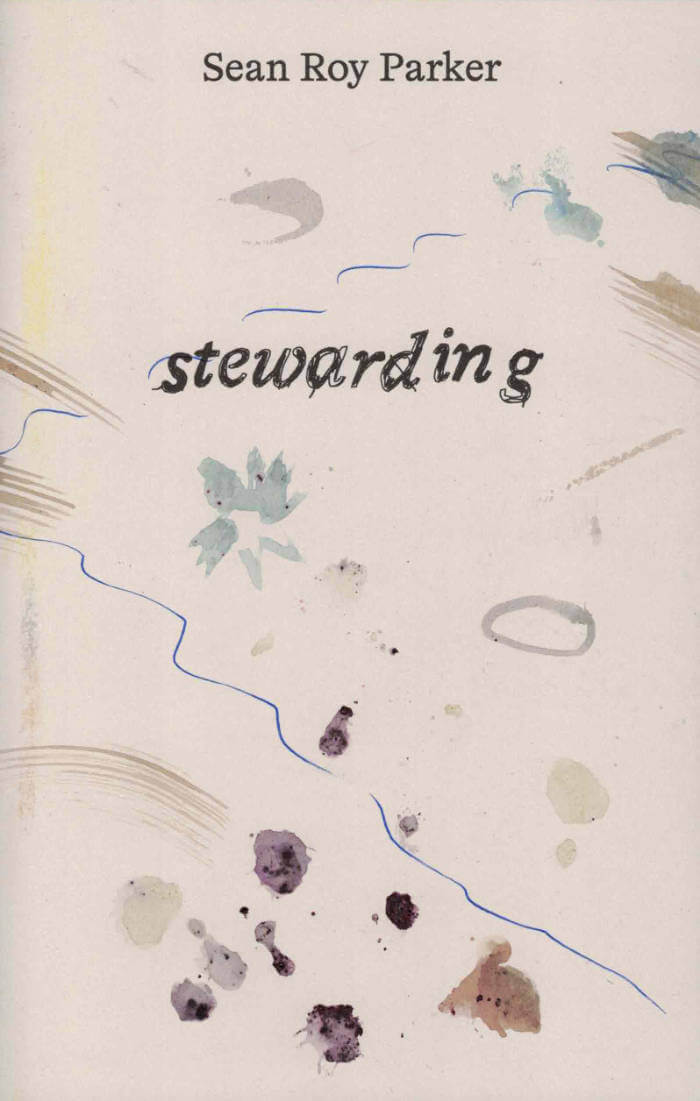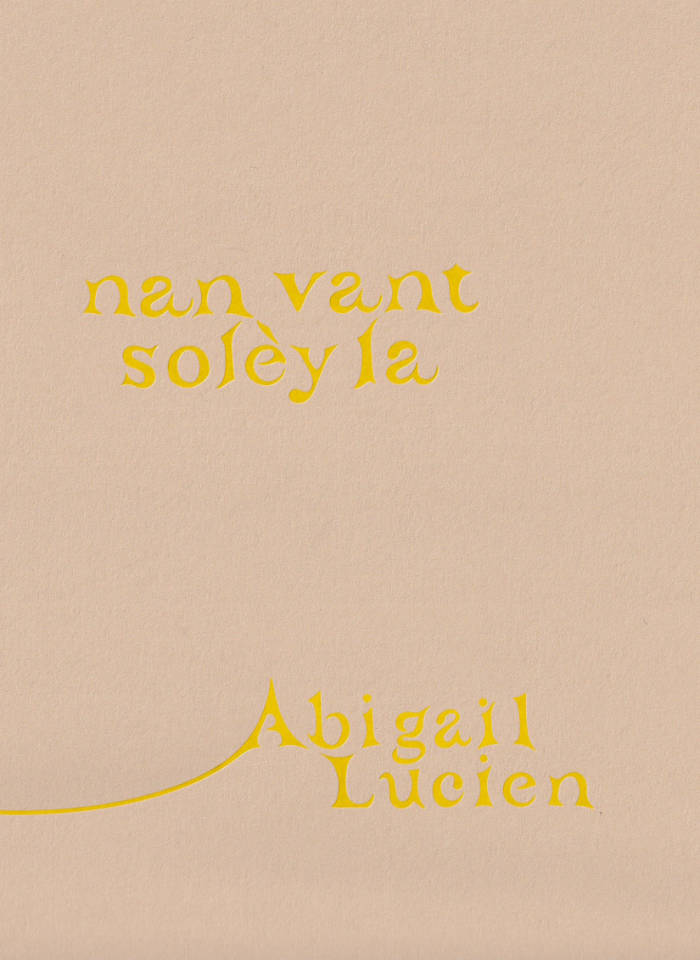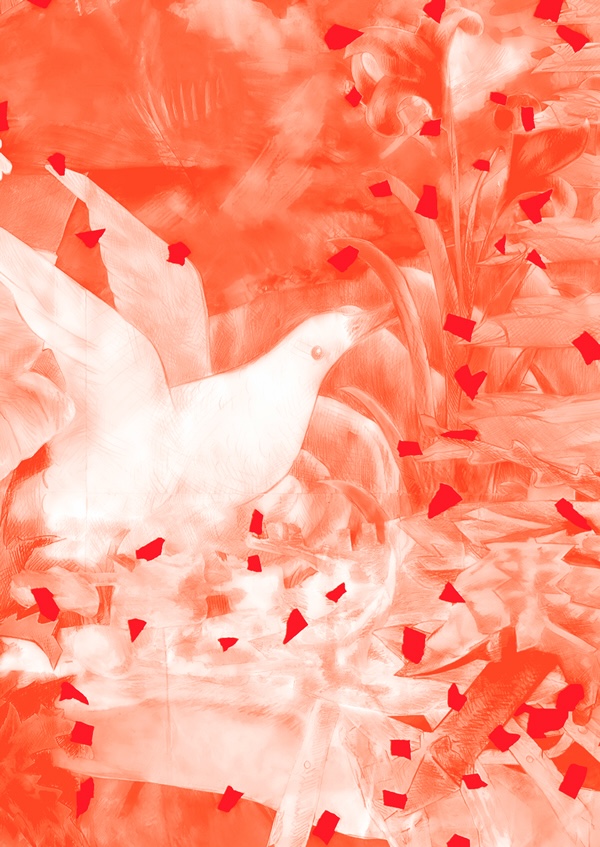Through creative nonfiction, poetry, and the printed image, the publication considers the playful and purposeful self-actualization of a bicultural queer identity while navigating grief as a landscape to address themes of (be)longing, futurity, and place. Alongside a collection of their works and research, Abigail Lucien weaves written and visual offerings by fellow Caribbean and queer artists, including works by Lukaza Branfman-Verissimo, Justin Chance, Cielo Felix-Hernandez, Sucking Salt, and Tamara Santibañez, to create an expanded context for their work rooted in friendship and radical love.
Abigail Lucien (b.1992) is a Haitian-American interdisciplinary artist, educator, auntie, lover, and friend. Working in sculpture, literature, and time-based media, Lucien’s practice addresses themes of (be)longing, futurity, myth, and place by considering our relationship to inherited colonial structures and systems of belief/care. Past exhibitions include SculptureCenter (NY), MoMA PS1 (NY), Deli Gallery (NY), MAC Panamá (Panamá), Frost Art Museum (Miami, FL), Atlanta Contemporary (Atlanta, GA), UICA (Grand Rapids, MI), and The Fabric Workshop and Museum (Philadelphia, PA). Residencies include Amant Studio & Research Residency (NY), Skowhegan School of Painting & Sculpture (Madison, ME), the Eugeniusz Geppert Academy of Fine Arts (Wrocław, Poland), The Luminary (St. Louis, MO), Santa Fe Art Institute (Santa Fe, NM), ACRE (Steuben, WI), and Ox-Bow School of Art & Artist Residency (Saugatuck, MI).
Lucien has taught as a full-time faculty member and professor in the Department of Sculpture & Extended Media at Virginia Commonwealth University and the Interdisciplinary Sculpture Department at the Maryland Institute College of Art. In the fall of 2023, they will join the Department of Art and Art History as an Assistant Professor of Sculpture at Hunter College in NYC. Deli Gallery represents Abigail Lucien.





